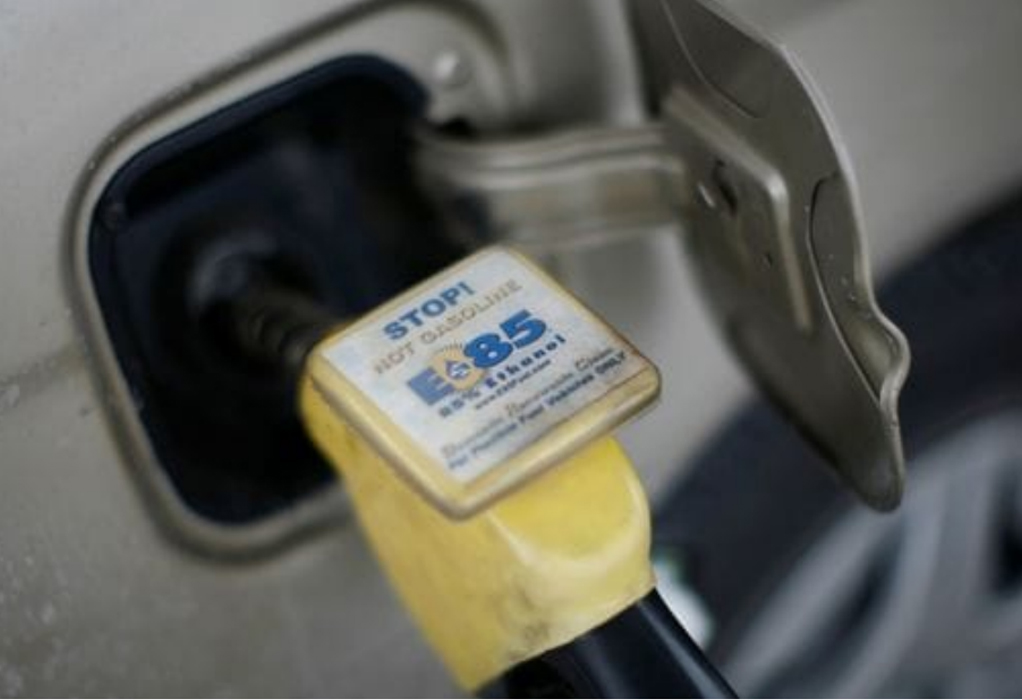To reduce India’s imports of crude oil, the Modi government has advanced its goal to rollout ethanol-blended fuel from 2025 instead of 2030. However, many players in the automobile sector are hesitant about the move.
Their concerns range from whether existing vehicles would be E20 (the new ethanol-blended fuel is a 20 per cent blending of ethanol with petrol) compliant, loss in fuel efficiency to whether India has the capacity to maintain a consistent supply of ethanol.
The advanced target of five years is aimed at making a quicker switch to clean energy (ethanol has less carbon emissions) and to self-sufficiency in fuel energy (due to reduced dependence on crude oil).
It will also benefit farmers as ethanol is made from sugar production, so farmers are expected to earn more once E20 fuels are rolled out.
The roadmap to using ethanol-blended fuels
In early June, an expert committee report laid down the roadmap on ethanol blending in India. It stated the benefits of the blend, its use in Brazil and the US, its production, and the changes vehicle manufacturers will have to make, and its challenges.
The report proposes a target of achieving E10 (10 per cent of ethanol blended in petrol) supply by April 2022 and a phased rollout of E20 from April 2023 to April 2025 with the final rollout done by 2025.
Rakesh Sarwal, Additional Secretary, Niti Aayog, spearheading the committee, told this was a very important project which had enormous benefits and would truly help India reach its goal of aatmanirbharta. The roadmap to have 20 per cent blending of ethanol will result in annual saving of $5 billion in India’s oil imports.
The road ministry has laid down guidelines for emission norms and safety standards for using E20 as an automotive fuel and given safety requirements for type approval of pure ethanol and ethanol-gasoline blended vehicles in India, along with consultations with vehicle manufacturers to develop the required technology.




Recent Posts
Yinson GreenTech and RMS Marine Partner to Advance Marine Electrification in Singapore
Two Damen Combi Freighters Launched for Fast Lines Belgium in China
Viking Line Unveils Concept for World’s Largest Fully Electric Passenger-Car Ferry
Denmark and India collaborate to establish CoE in green shipping
World Shipping Council Marks World Ocean Day with $150 Billion Commitment to Decarbonisation
Chartered Speed expands its electric mobility footprint in Arunachal Pradesh
PSA International joins Global Centre For Maritime Decarbonisation as a strategic partner
MPA and NYK Group Advance Collaborative Efforts on Maritime Autonomous Surface Ship Trials